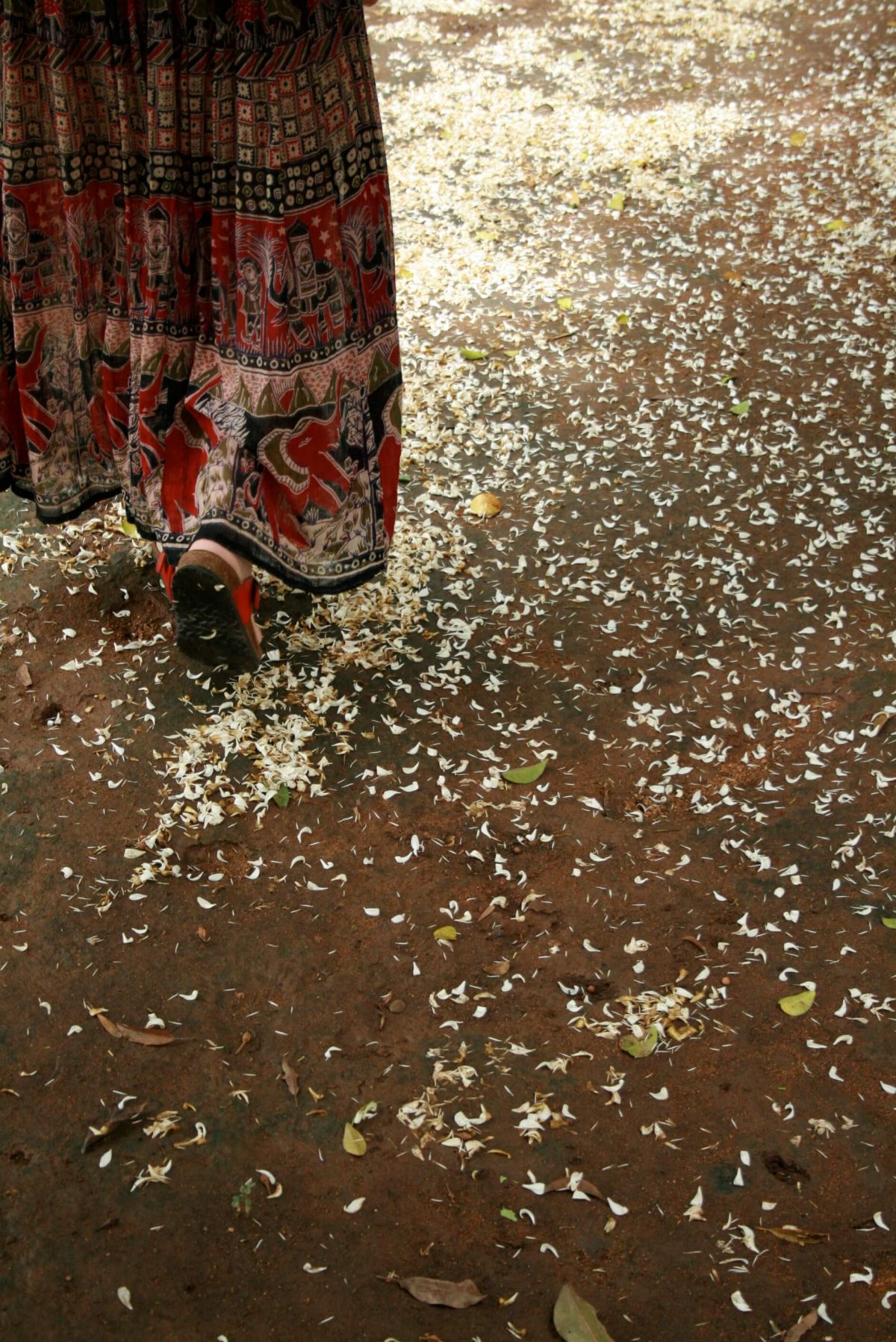Entries now open for the David Harold Tribe Fiction Prize and the Helen Anne Bell Poetry Bequest Award for 2019
The Department of English at the University of Sydney is pleased to invite entries for two literary awards, made possible through generous bequests to the University. The Helen Anne Bell Poetry Bequest Award 2019 This is the third biennial award made under the Helen Anne Bell Poetry Bequest. The award is open to Australian women poets over the age of 18, for an unpublished full-length poetry manuscript of 50-80 pages. The winner will receive $7000 and publication of their manuscript with Vagabond Press. Judges: Pam Brown, Fiona Hile and Kate Lilley. The David Harold Tribe Fiction Prize 2019 This award has been made…
